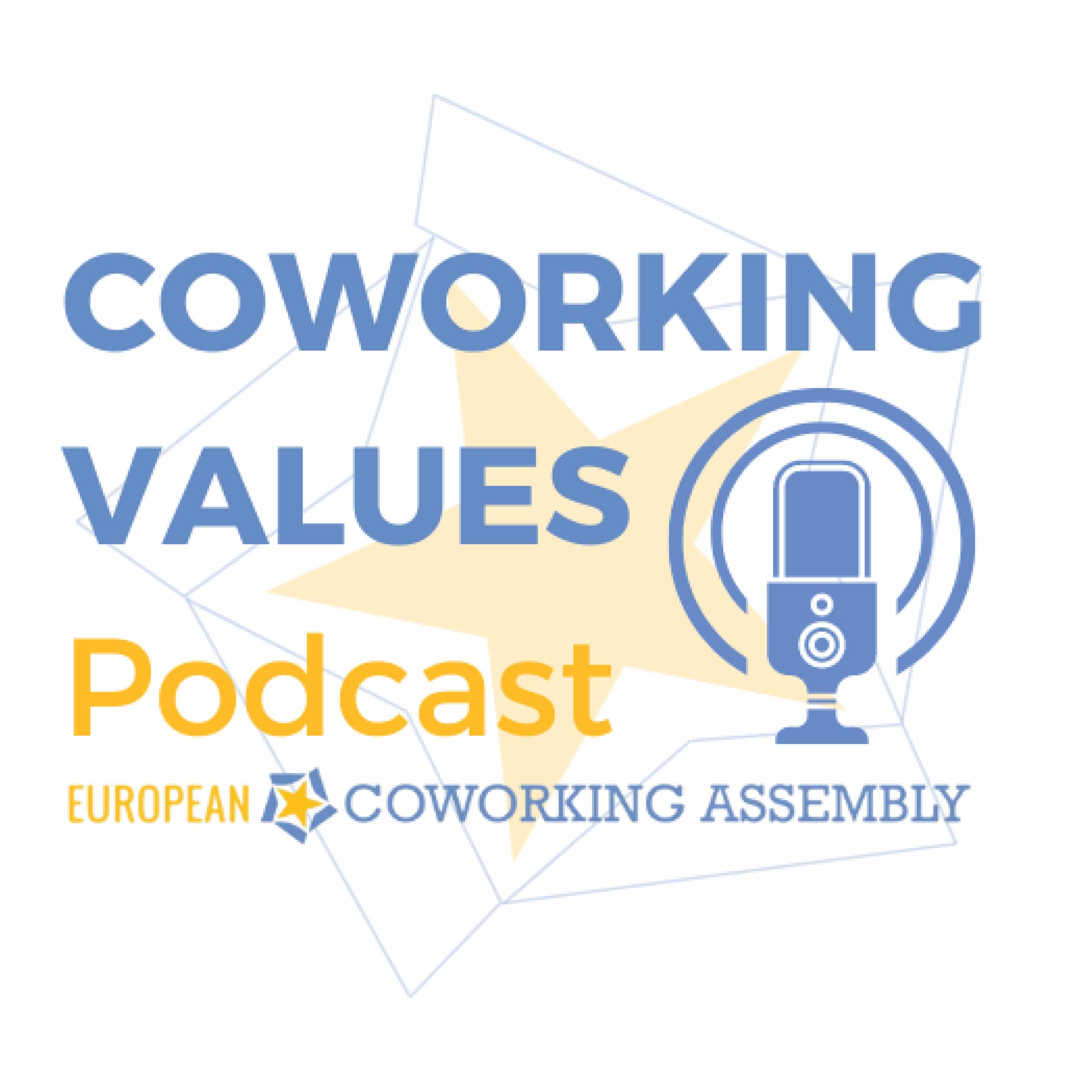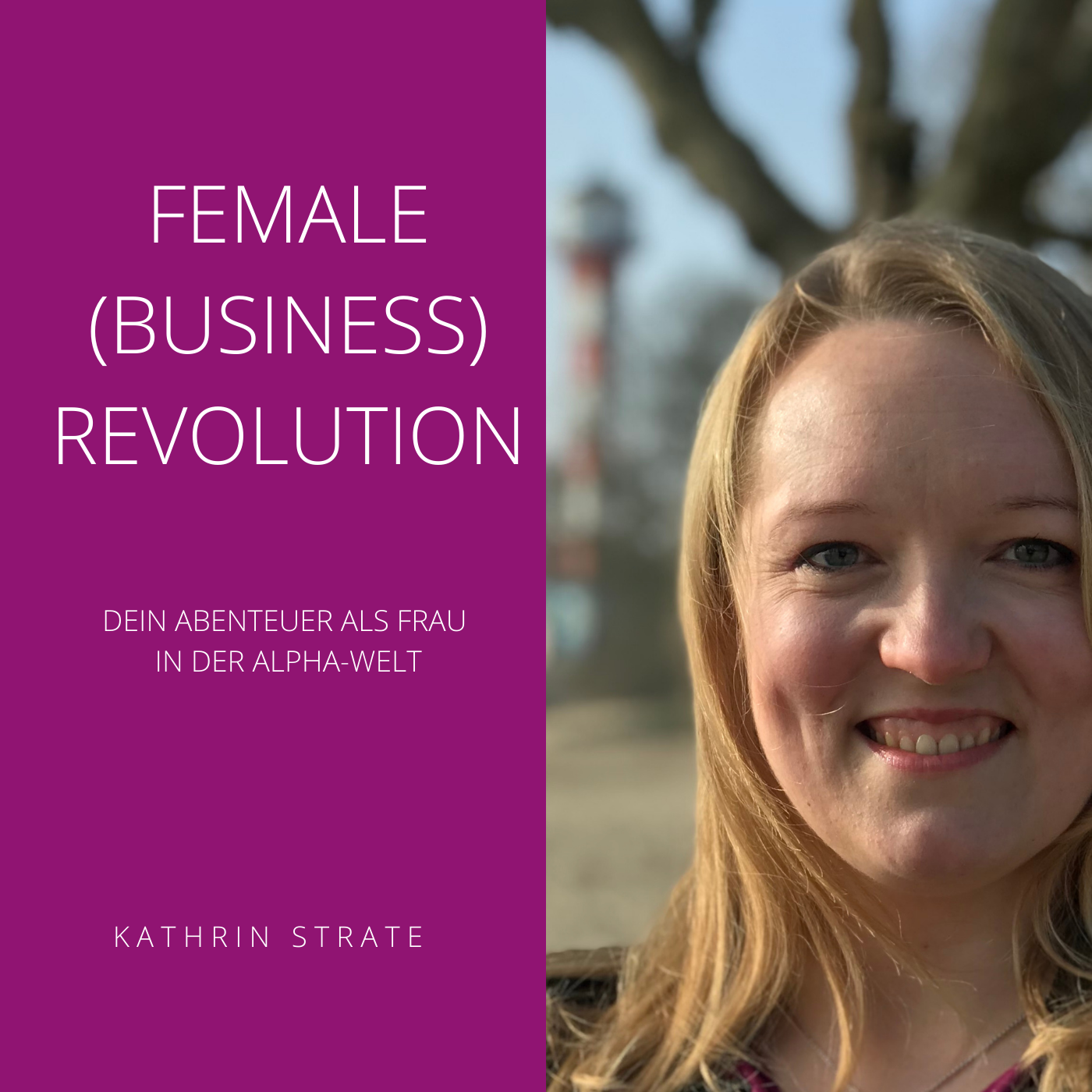 |
Coworking Values PodcastCoworking Values Podcast Author: Bernie J Mitchell
Welcome to Coworking Values the podcast of the European Coworking Assembly. Each week we deep dive into one of the values of accessibility, community, openness, collaboration and sustainability. Listen in to learn how these values can make or break Coworking culture. coworkingvaluespodcast.substack.com Language: en Genres: Business, Entrepreneurship, Management Contact email: Get it Feed URL: Get it iTunes ID: Get it |
Listen Now...
The Business Rates Crisis: What Every Workspace Operator Needs to Do Now with Jane Sartin
Wednesday, 10 December, 2025
“I’m currently aware of two operators on the smaller size that have been handed £400,000 backdated bills... being hit with backdated business rates bills would clearly be business destroying.” - Jane SartinUnreasonable Connection Going Live! London, February 2026.🎟️ Tickets go on sale in January 2026.The entire day is co-created by the coworking community builders on the co-creation waitlist.This isn’t a warning about something that might happen.It’s already happening. Two operators have received six-figure backdated bills. The letters arrived without warning. The amounts are payable now.Jane Sartin is the Executive Director of the Flexible Space Association. She’s spent this year in rooms with ministers, civil servants, and treasury officials trying to stop a policy change that could wipe out independent workspace operators across the country.The fight has been going on longer than you know.In 2023, the same issue emerged. FlexSA resolved it quietly behind the scenes — most of the industry never even knew. Then it came back in spring 2024. This time, ministers kept batting Jane back to the VOA. “It’s a technical matter for the agency,” they said. “Not a political decision for government.”So Jane went public.Here’s what’s working: the minister has acknowledged the pressure. “I am aware of this,” he’s told people. “I know. I’ve had a number of letters.”The letters are landing. The campaign is having an effect.But the power of Jane’s ministerial meeting next week depends entirely on how many more letters arrive before she walks into that room. One email gets ignored. Fifty emails from operators in the same constituency? That’s a political problem that demands a response.This episode tells you exactly what’s happening and what to do about it.Timeline Highlights[00:02] “Your workspace is under attack. Might be a little bit dramatic for this, but...”[01:26] “We exist to represent the industry. We operate as a membership body, but we play a wider role than that.”[02:57] “What they are doing is stopping the individual assessment of serviced offices and assessing the whole building or floor... as a single hereditament.”[04:20] “Talking publicly about potentially businesses based in serviced offices no longer being eligible for reliefs... could clearly spook customers.”[05:41] “We realised we were going to have to start bringing their attention to it by making more public noise about it.”[06:12] “I’m currently aware of two operators on the smaller size that have been handed £400,000 backdated bills.”[07:41] “It’s horribly complicated. I’ve learned a lot, even just this year, but by no means am I an expert.”[09:03] “FlexSA currently has commissioned some economic value research, which is being finalised at the moment.”[11:14] “If people haven’t already, I would definitely encourage them to write to their MP.”[12:43] “I’m a big believer in trying to keep things succinct... ideally, you don’t really want to be going to more than a page of A4.”[14:19] “He said, I am aware of this. I know. I’ve had a number of letters on this.”[18:41] “Being able to say this isn’t just a theoretical thing that might happen, it’s something that’s already happening. It’s really important.”[19:33] “I’m absolutely aware of operators that have had expansion plans but have put those on hold... the current uncertainty is putting them off.”[23:10] “Don’t feel like that’s a deadline because as much as I’d love to think that one meeting is going to fix it, realistically, I suspect it’s not.”They Tried This Before — It’s BackThis is the second time FlexSA has fought this exact battle.In 2023, the same issue emerged. Jane worked to resolve it quietly, behind the scenes. It worked. The problem went away. Most of the industry never even knew how close they’d come.Then it came back in spring 2024.This time, quiet diplomacy hit a wall. Jane spent months in meetings, making the case privately. The response from ministers? “This is a matter for the VOA.” The message was clear: we’re not getting involved.That’s how systems protect themselves.The agency makes the decision. The politicians refuse responsibility. The operators are left holding bills they can’t pay. After months of being batted back, Jane made the call to go public.It carries risk — talking openly about members potentially losing their rates relief could spook customers.But staying quiet wasn’t working.What the VOA Is Actually DoingThe Valuation Office Agency assesses properties for business rates.Historically, individual offices within a serviced workspace have been assessed separately. Small businesses occupying those offices can claim Small Business Rates Relief — often paying nothing.The VOA now wants to assess entire floors or buildings as single units.One assessment. One massive bill. Landing entirely on the operator. This strips relief from the small businesses inside the space. It removes the operator’s ability to claim empty rates relief on unoccupied units.The backdating element makes this existential.The VOA can apply these changes back to April 2023. An operator who thought their rates situation was settled could receive a letter tomorrow demanding two years of payments they never budgeted for.Jane knows of operators who’ve already received bills of around £400,000.For a small independent workspace, that’s not a problem to be solved.That’s “business destroying” — her words.Why Operators Have Been Reluctant to Speak UpBernie asks the question many people are thinking: why haven’t we heard more about this?Jane’s answer is bracingly honest.Talking publicly about your members potentially losing their rates relief could drive customers to competitors. In a market where trust and stability matter, admitting vulnerability feels dangerous.There’s also the hope factor.When the issue was resolved quietly in 2023, many operators assumed the same approach would work again. Why make noise when diplomacy might deliver?But diplomacy has limits.When ministers refuse to engage, when the VOA keeps insisting this is just technical implementation rather than policy choice, the only remaining option is political pressure.That pressure only works if MPs hear from the people in their constituencies who are affected.What Actually Works When Writing to Your MPFlexSA has created a toolkit to help operators contact their MPs.But Jane is clear about what separates an email that gets filed from one that gets action.Keep it local.MPs care about their constituency. The number of businesses you support, the number of people who work from your space, the local economic contribution — that’s what cuts through.Keep it short.One page of A4, maximum. “If they have to turn the page, you’ve lost them.”Don’t copy-paste.FlexSA provides template letters, but using them word-for-word backfires. When an MP receives twenty identical emails, they stop reading.Make a specific ask.Invite them to visit your space. Ask them to write to the Exchequer Secretary to the Treasury. Request that they submit written parliamentary questions.Here’s the proof it works.The minister has already told people he’s aware of the issue because of the letters he’s received. More letters increase the pressure.Why Suppliers Should Get Involved TooThe flexible workspace industry isn’t just operators.It’s the entire ecosystem of companies that supply them. Technology providers. Furniture companies. Cleaning services. Coffee suppliers. Access control systems. Vending companies. Insurance providers.Jane agrees they’re integral to the industry.They have insights into the sector’s value that can strengthen the case. If you sell to coworking spaces, the survival of those spaces matters to your business too.Writing to your own MP adds weight to the campaign.It shows this isn’t a niche industry problem. It’s an economic ecosystem at risk.Real Stories Are the Most Powerful WeaponJane is honest about a gap in the campaign: FlexSA needs more real-world examples.Statistics matter.But what changes minds is a specific operator, in a specific place, with a specific bill they can’t pay. That’s what makes the problem real for politicians and journalists.Some operators have shared their situations.At least one case has appeared in the national press. But many are understandably anxious about going public with their financial difficulties.Jane makes clear that even anonymised information helps.“Being able to say this isn’t just a theoretical thing that might happen, it’s something that’s already happening. It’s really important.”If you’ve received a backdated bill, FlexSA wants to know about it — even if they can only use the details without identifying you.Investment Is Already on HoldThe damage isn’t just the bills that have arrived.It’s the decisions that aren’t being made. Jane confirms she knows operators who had expansion plans — new locations, refurbishments, growth — and have put them on hold.The uncertainty makes investment impossible to justify.This is the hidden cost that doesn’t show up in headlines. Every workspace that doesn’t open. Every refurbishment that doesn’t happen. Every job that doesn’t get created.The VOA has said they’re not actively pursuing new reclassifications right now.But that’s not the same as resolution.The threat remains. And as long as it remains, the sector can’t move forward.What Happens NextJane has a meeting with the minister scheduled for the following week.She’s realistic about what it might achieve: “As much as I’d love to think that one meeting is going to fix it, realistically, I suspect it’s not.”It might be a listening exercise rather than a decision point.The issue may drag into 2025.But that’s not a reason to wait.Jane is explicit: the Monday meeting isn’t a deadline. The campaign continues beyond it. “Don’t feel like that’s a deadline,” she says. Letters sent next week, next month, next quarter — they all add to the pressure.Every MP letter shifts the political calculation.One operator writing in isolation is easy to ignore. Dozens of operators across multiple constituencies is a problem that demands response.The ask is simple.Write to your MP. Use the FlexSA toolkit as a starting point but make it your own. Keep it local, keep it short, make a specific ask.Then share that you’ve done it.A photo of your MP visiting. A mention in the LinkedIn Coworking Group. Evidence that the sector is mobilising.This isn’t someone else’s fight.If you run a workspace, this is your fight.Links and ResourcesBusiness Rates Campaign* FlexSA (Flexible Space Association) — Jane Sartin’s organisation leading the fight* Jane Sartin on LinkedIn* Download - FlexSA ‘Engaging Your MP on Business Rates and Flexible Workspaces’* Write to Your MP — Enter your postcode, get your MP’s details* Cardtronics v Sykes [2020] UKSC 21 — The legal precedent the VOA is using* 🎙️Why the UK Government Is About to Crush Your Coworking Space — And What to Do About It with Roland StanleyProjects & Community* Join this and other conversations with people in the LinkedIn Coworking Group* Unreasonable Connection Monthly online gatherings for Coworking Community Builders.* Workspace Design Show London 2026* European Coworking Day May 2026* London Coworking Assembly* European Coworking AssemblyBernie’s Projects* London Coworking Assembly 5-Day AI Crash Course for Coworking Spaces* Connect with Bernie on LinkedIn🧠 One More ThingCoworking brings communities together, helping people find and share their voices.Each episode of the Coworking Values Podcast explores Accessibility, Community, Openness, Collaboration, and Sustainability—values that shape the spaces where we gather, work, and grow.If this resonates with you, rate, follow, and share the podcast. Your support helps others discover how coworking enriches lives, builds careers, and strengthens communities.Community is the key 🔑 This is a public episode. If you would like to discuss this with other subscribers or get access to bonus episodes, visit coworkingvaluespodcast.substack.com












